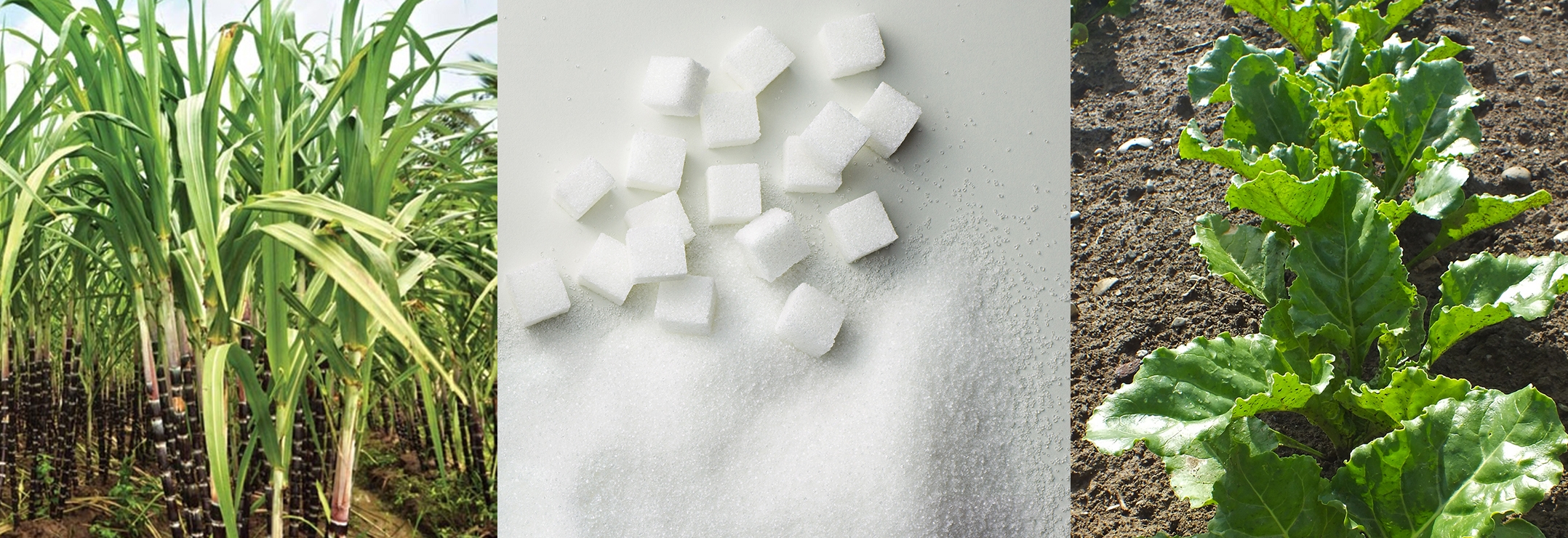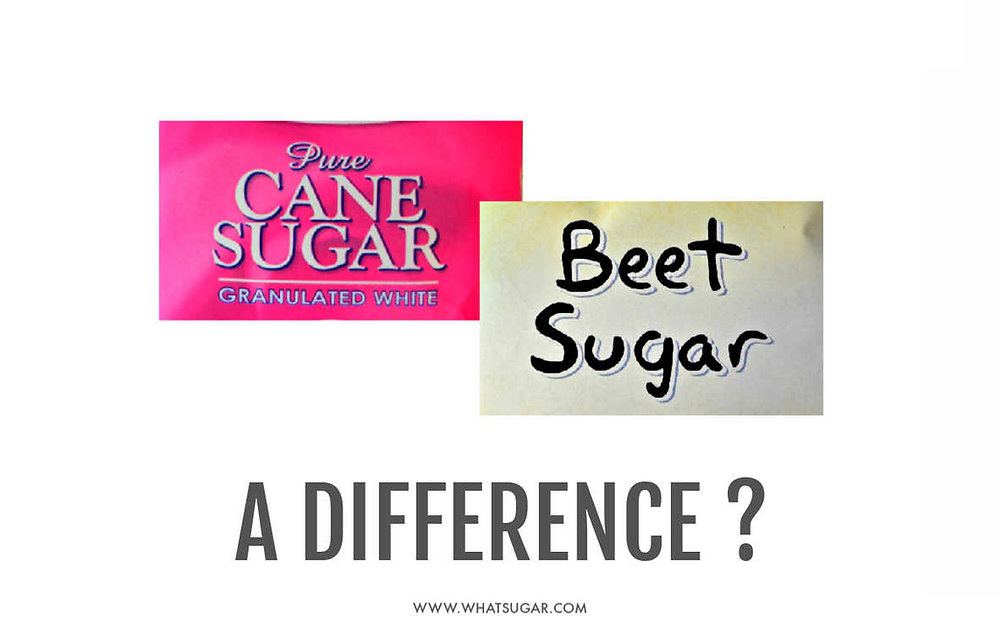The Great Discussion: Beetroot Sugar Vs Walking Stick and Their Effect on Health
The continuous argument surrounding beetroot sugar and walking stick sugar raises crucial questions concerning their particular health effects and broader effects for consumer choices. While both sweeteners share a similar chemical make-up, their origins and processing techniques might affect not only nourishment but additionally ecological sustainability. As health-conscious people weigh the advantages of each choice, the ramifications of pesticide direct exposure and agricultural techniques come into emphasis. This discussion invites us to take into consideration not simply the sweetness we select, but the far-reaching results of those options on our wellness and the world. What might this indicate for future intake patterns?
Review of Sugar Sources
Sugar, a commonly taken in sugar, mostly originates from 2 major resources: sugar beetroots and sugar walking cane. Sugar walking stick thrives in subtropical and tropical climates, with major producers including Brazil, India, and China.
Alternatively, sugar beets are mostly grown in temperate areas, with substantial production in nations such as the USA, France, and Germany. The beets are gathered from the ground, cut, and subjected to a process that converts the extracted juice right into granulated sugar. While both sugar resources eventually produce sucrose, their agricultural methods, processing techniques, and geographic distributions differ substantially.
These distinctions can affect not just the environmental effect of sugar production however likewise the financial aspects of sugar rates and trade. Understanding the beginnings of these sweeteners is essential for consumers and policymakers alike, as it lays the foundation for informed conversations regarding their health implications and sustainability.
Nutritional Comparison
When taking a look at the dietary profiles of beetroot sugar and walking stick sugar, both resources share a similar make-up as they mainly consist of sucrose. Sucrose is a disaccharide, composed of glucose and fructose, and is accountable for the sweetness linked with both sugars. The refining procedures for both beet and cane sugar yield products that are mainly pure sucrose, with marginal traces of vitamins, minerals, or various other nutrients.
In terms of calorie web content, both beetroot and cane sugars give roughly 4 calories per gram. Neither kind of sugar supplies considerable nutritional advantages past energy arrangement, as they lack vital vitamins or minerals. Nonetheless, the visibility of trace components, such as potassium, magnesium, and calcium, can differ a little between both, mainly due to the agricultural practices and soil problems in which they are grown.
Additionally, the glycemic index values of beet sugar and walking cane sugar are equivalent, suggesting similar effects on blood glucose levels. Overall, from a nutritional point ofview, beetroot and cane sugars are functionally equal, contributing mainly to caloric intake without providing significant wellness benefits over one an additional.
Wellness Implications
The wellness ramifications of consuming beetroot sugar and cane sugar warrant mindful consideration, especially provided the increasing occurrence of sugar-related health concerns. Both sorts of sugar contribute comparable caloric values and can bring about increased dangers of excessive weight, type 2 diabetes, and cardiovascular diseases when consumed in excess. The body metabolizes both sugars right into glucose, which can trigger spikes check here in blood glucose degrees, bring about insulin resistance with time.
While there is continuous argument relating to the glycemic index of these sugars, researches suggest that both can adversely influence metabolic wellness if eaten in huge amounts. beet sugar vs cane. Furthermore, the potential existence of contaminants in beetroot sugar, such as pesticides from standard farming practices, raises additional health concerns. Alternatively, walking cane sugar, especially when minimally refined, may supply a slightly a lot more beneficial profile as a result of its all-natural state
Moreover, the usage of sugarcoated, despite the resource, is linked to adverse health results, consisting of oral problems and fatty liver disease. As a result, moderation is essential, and individuals should be mindful of their overall sugar consumption from all sources, eventually prioritizing entire foods over added sugars for optimal wellness results.
Environmental Effect
Recognizing the health ramifications of beetroot and walking stick sugar likewise brings about an exam of their ecological influence, which can significantly influence agricultural sustainability and environmental balance. Both sugar resources have distinctive ecological impacts, formed by their farming methods and geographical needs.

On the other hand, beetroot sugar is typically grown in warm climates and frequently includes diverse plant turnings. This technique can improve dirt wellness and lower dependence on chemical inputs. However, intensive beet farming can also result in nutrient exhaustion and bug stress if not taken care of sustainably.
Both sugar kinds existing obstacles and possibilities for ecological stewardship. Advertising lasting agricultural practices and responsible sourcing can mitigate their impacts, ensuring that sugar production straightens with ecological conservation and lasting food protection.
Customer Preferences
Amidst growing awareness of health and wellness and environmental issues, customer choices for sugar types are increasingly affected by assumptions of wellness benefits, sustainability, and honest sourcing. Beet sugar and cane sugar each present unique characteristics that interest various consumer demographics.
Health-conscious customers often scrutinize the nutritional profiles of continue reading this these sugars, seeking alternatives viewed as much less refined or more all-natural. Walking stick sugar, typically considered the standard sweetener, is occasionally favored for its perceived purity and simpleness. On the other hand, beet sugar, which is often stemmed from genetically customized crops, encounters skepticism amongst those concerned regarding GMOs.
Sustainability is an additional substantial element affecting consumer selections. As understanding of farming techniques expands, many customers go with items that straighten with ecologically friendly farming techniques. Cane sugar manufacturing, specifically when sourced from sustainable ranches, can interest eco-conscious read the full info here customers.
Ethical sourcing plays a crucial role also, with customers increasingly preferring items that sustain fair labor methods. Qualifications such as Fair Trade can enhance the good looks of cane sugar out there. Ultimately, consumer choices are formed by a complicated interplay of health and wellness, ecological, and moral considerations, driving demand for both beetroot and walking stick sugars in varied markets.
Verdict
Finally, the argument in between beetroot sugar and walking stick sugar encompasses different aspects, consisting of dietary profiles, health effects, and ecological effects. beet sugar vs cane. While both sugars primarily contain sucrose and display similar caloric content, worries pertaining to chemical usage in beetroot sugar and the ecological influence of walking stick sugar monoculture warrant cautious consideration. As consumers progressively prioritize sustainability and health and wellness, educated choices concerning sugar usage end up being necessary in advertising overall health and ecological stewardship
